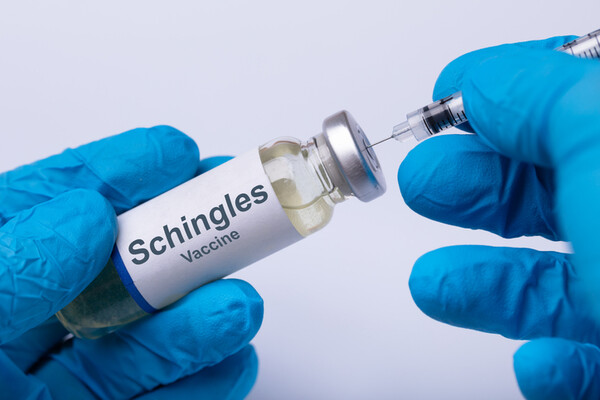The Korea Disease Control and Prevention Agency (KDCA) is contemplating the inclusion of a national immunization program (NIP) for shingles and is also examining the possibility of extending the human papillomavirus (HPV) vaccination, currently available to female adolescents to their male counterparts.

During a national audit of the National Assembly's Health and Welfare Committee on Wednesday, KDCA Commissioner Jee Young-mee acknowledged that the shingles vaccine is one among those being considered for incorporation into the NIP.
This revelation followed a query from Rep. In Jae-keun of the main opposition Democratic Party of Korea (DPK), about the high cost of the shingles vaccine, which poses a financial challenge for many citizens.
There are three shingles vaccines distributed in Korea – GSK's Shingrix, SK bioscience's Skyzoster, and MSD's Zostavax. According to the Health Insurance Review and Assessment (HIRA), Zostavax cost up to 400,000 won ($299) and Skyzoster 300,000 won last year.
While GSK's Shigrix was not included in the HIRA's survey of non-reimbursed drugs, it reportedly costs 600,000 won.
"We are analyzing the cost-effectiveness of including the shingles vaccine in the NIP, just like the HPV vaccine," Jee said. "However, since the vaccine itself is quite expensive, it was ranked lower in priority, and we are revisiting the idea and will proceed according to the most efficient method once the results emerge."
Regarding the matter, representatives from shingles vaccine manufacturers, such as GSK and SK bioscience, have refrained from providing additional details or comments about potential initiatives.
During the audit, Commissioner Jee also shared that there's an ongoing review about extending human papillomavirus (HPV) vaccination to male teenagers regarding an inquiry from Rep. Nam In-soon of the DPK.
Since 2016, the government has been providing free HPV vaccines to females aged 12-17 and low-income women aged 18-26.
Even though a preliminary study showed a lack of cost-effectiveness in vaccinating male adolescents against HPV, Jee expressed optimism towards an ongoing second study that is currently ongoing.
"As we have included many more variables than the first study, the likelihood of extending the vaccination to boys seems higher," Jee said. "Results should be available by the end of this year or early next year."
Although the HPV vaccine is commonly associated with preventing cervical cancer, it also guards against over 90 percent of cancers caused by HPV infections in men, including anal cancer, oropharyngeal cancer, and penile cancer.
Yet, the notion of extending this service to male adolescents has been hindered due to perceived cost-ineffectiveness.
However, given that a substantial proportion of male patients suffer from oropharyngeal cancer and other cancers primarily caused by HPV, the argument for extending HPV vaccination to males has been made by local doctors.
According to data on the "Status of Patients with Oropharyngeal Cancer" submitted by the Health Insurance Review and Assessment Service to Nam, male oropharyngeal cancer patients accounted for a significant 81.5 percent of the total of 6,300 patients in Korea last year.
Rep. Nam expressed concern over the stalling of the expansion of vaccination support, recalling a policy promising free HPV vaccines for males older than 12 from President Yoon Suk Yeol when he was the presidential candidate.
"As the KDCA is conducting additional research, I hope that the agency will push forward actively with this initiative," Nam said.

